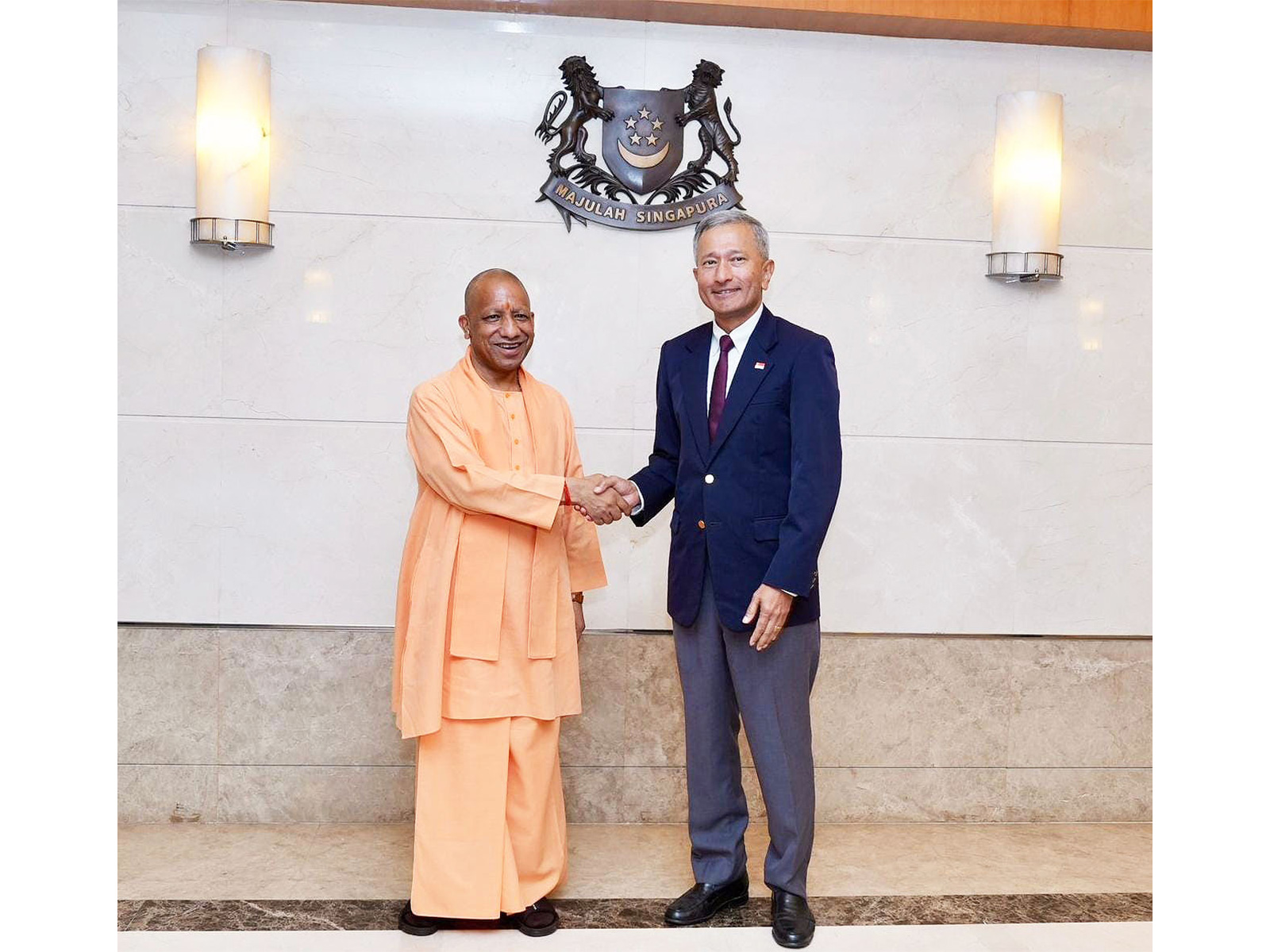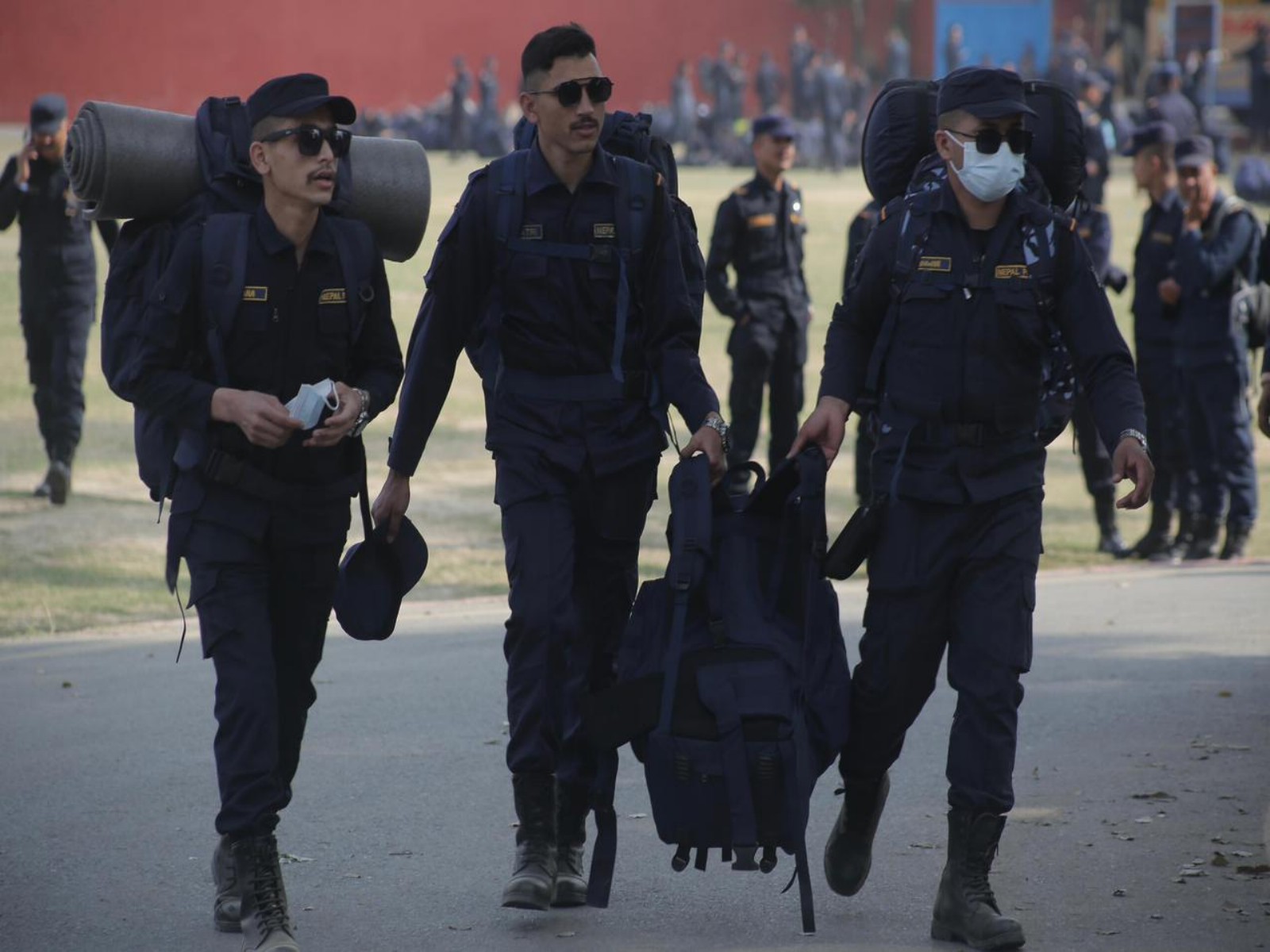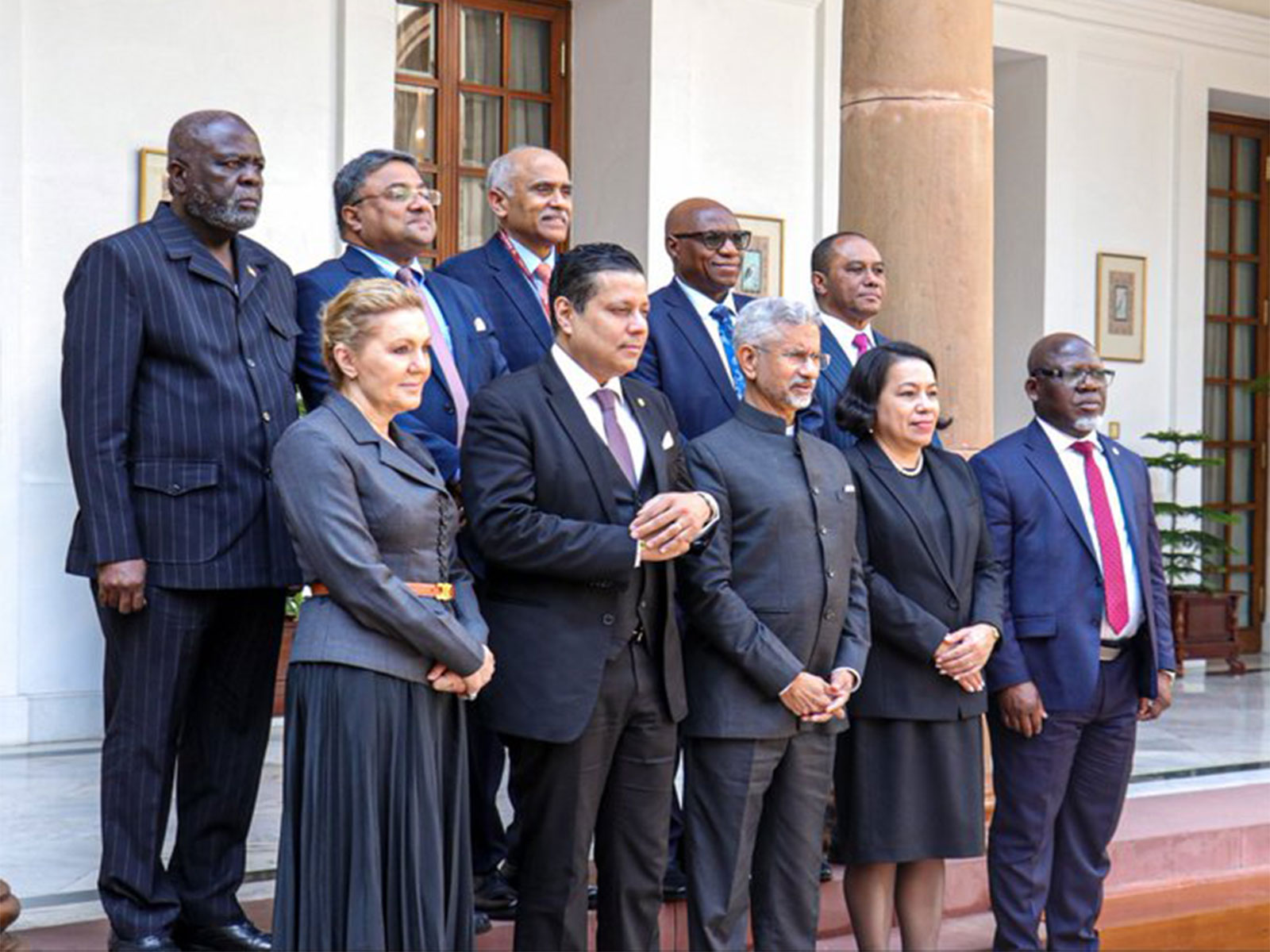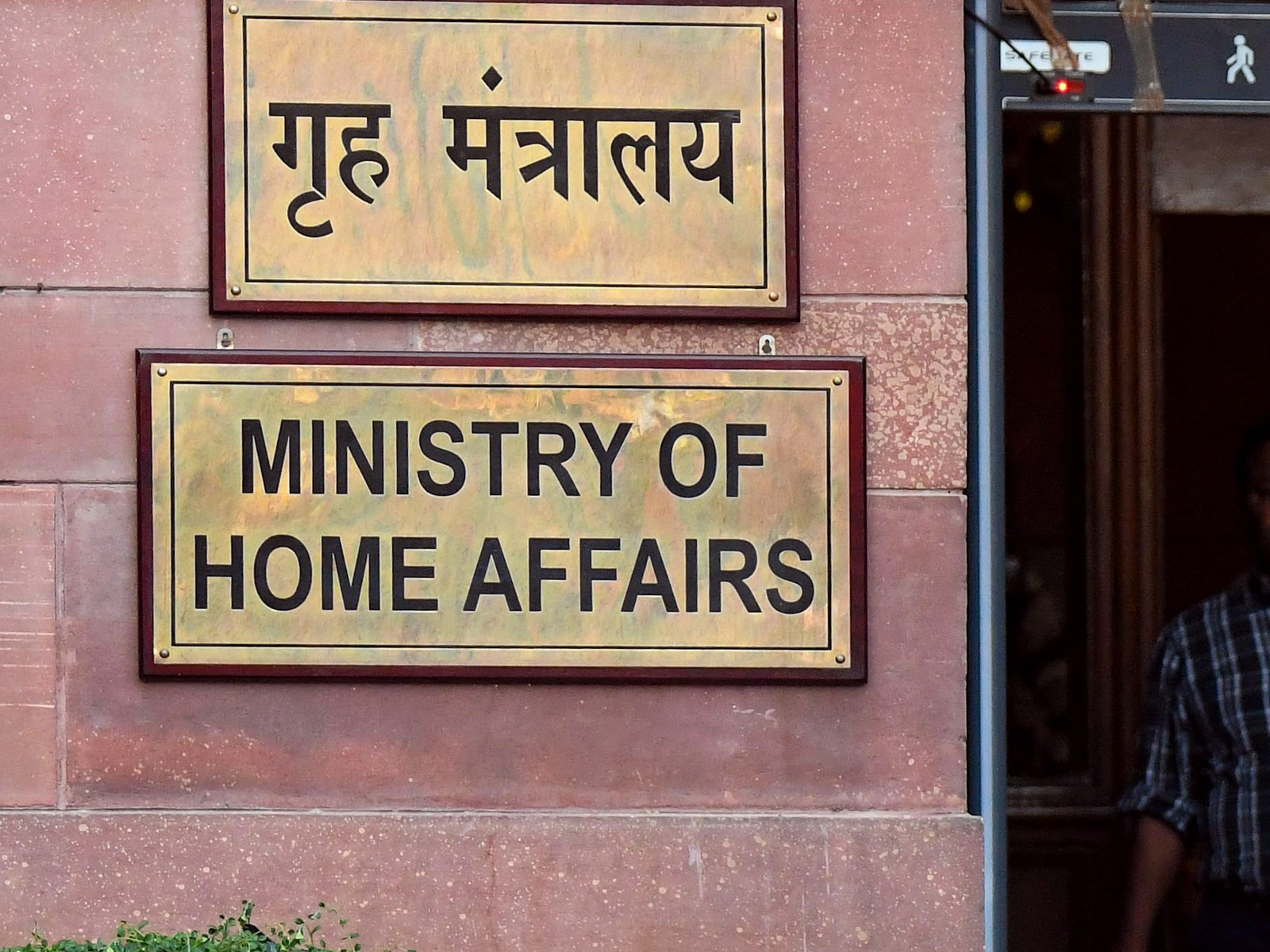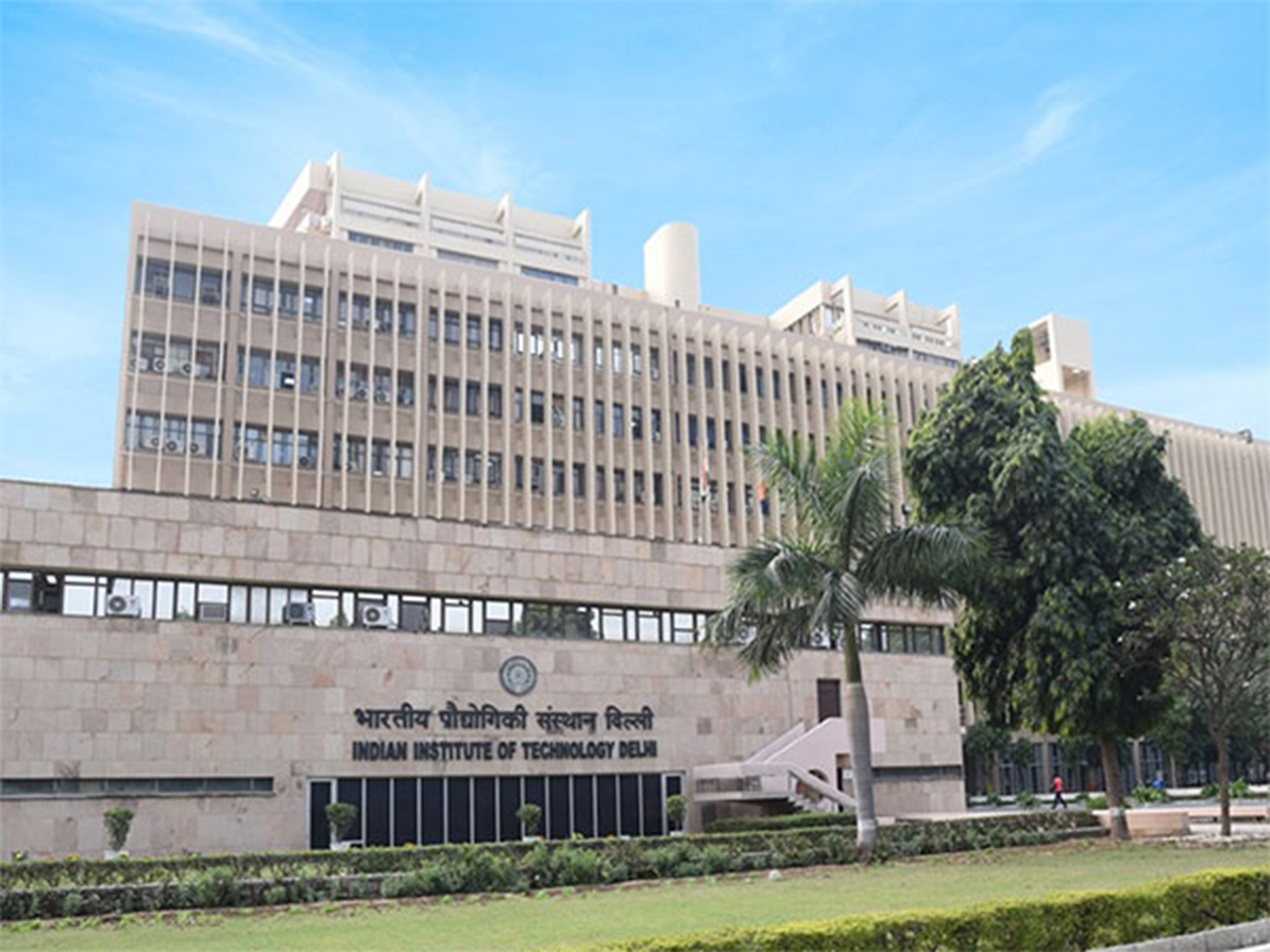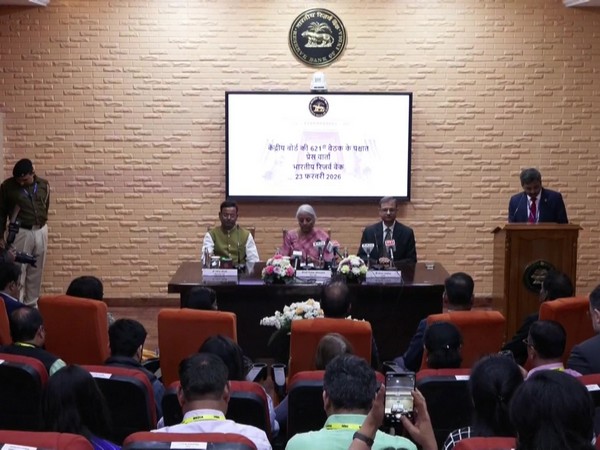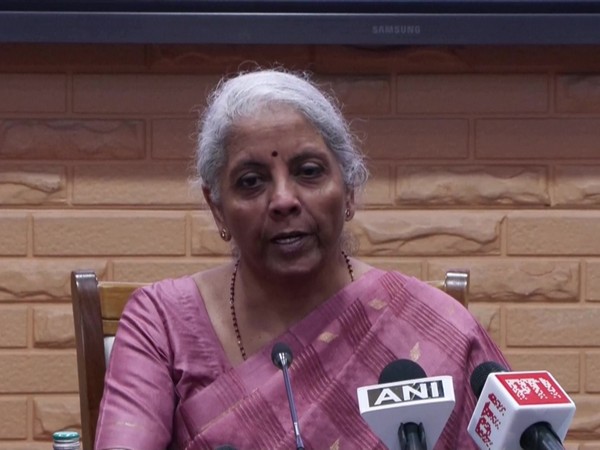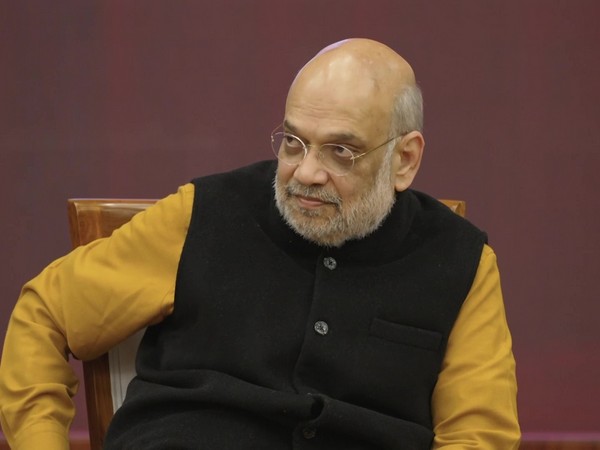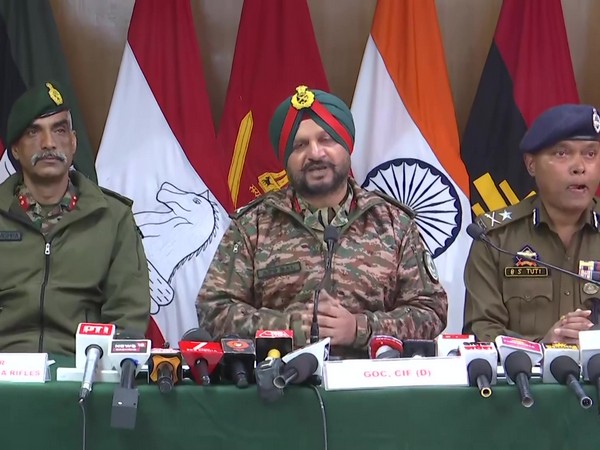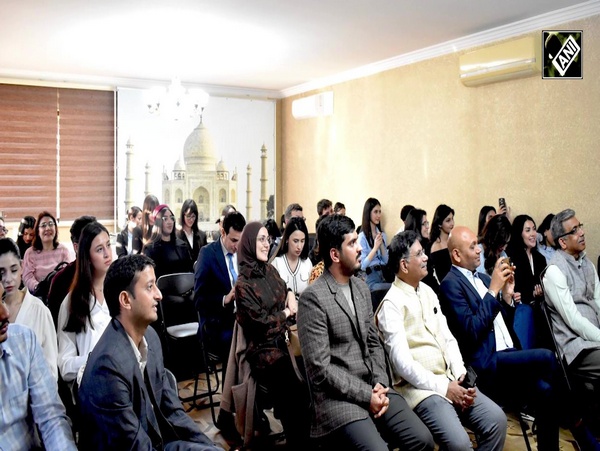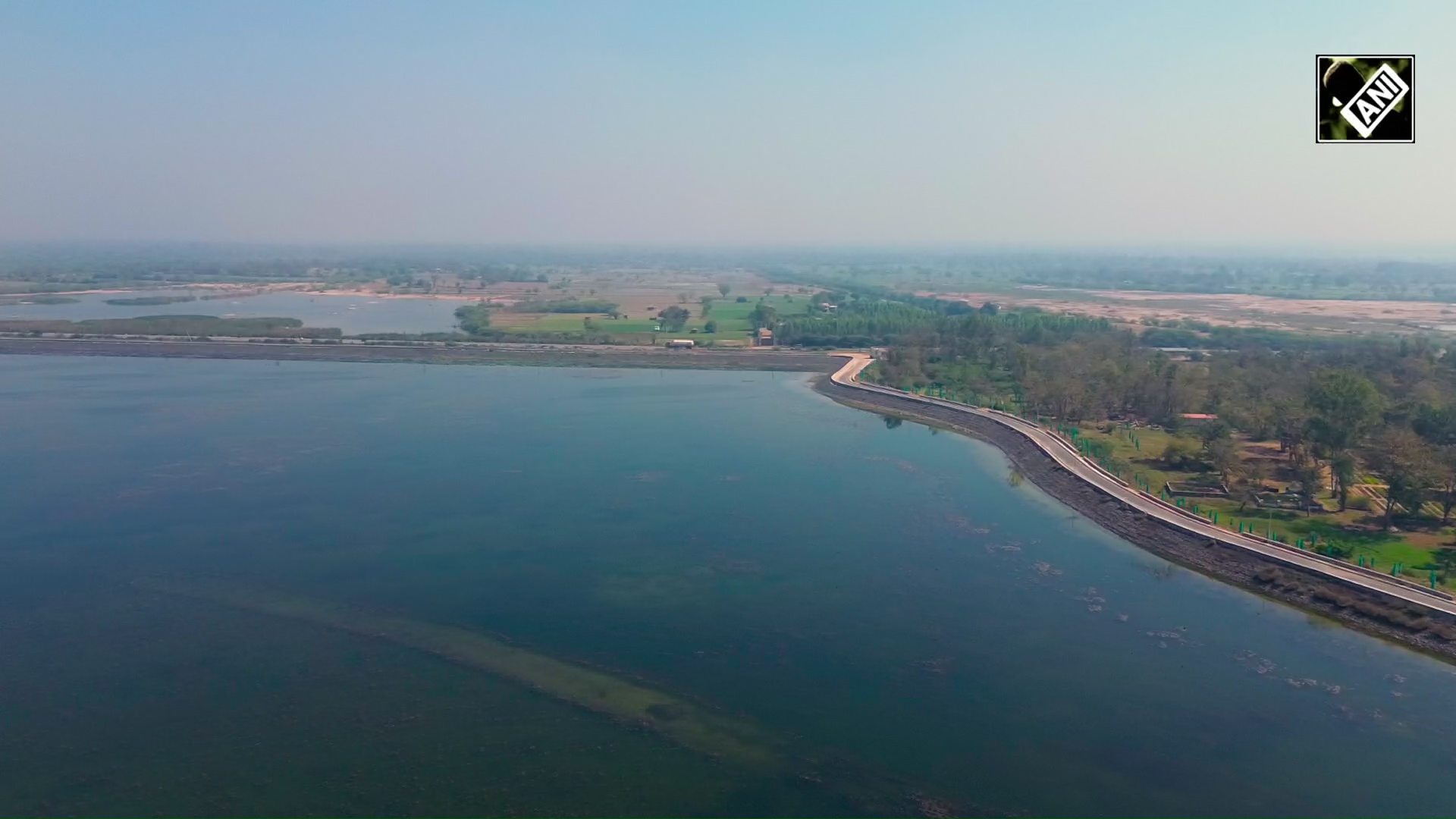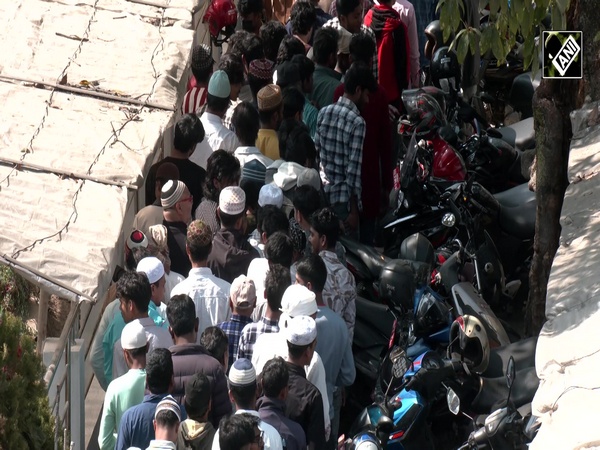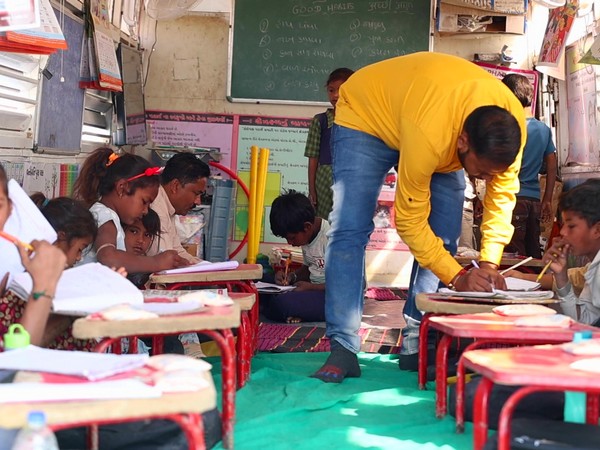Pakistan's legal, judicial landscape needs to restore confidence of ordinary citizens
Jan 21, 2024

Islamabad [Pakistan], January 21 : Pakistan needs to restore the confidence of ordinary citizens in its legal and judicial landscape as it faces many challenges, including outdated legal frameworks, lack of capacity, and resource constraints.
Muhammad Amir Rana, writing in an editorial in Dawn, highlighted the case of Sarfraz Shah, shot by paramilitary forces in 2011 and another case of Rao Anwar, a police officer accused of killing over 400 people in fake encounters, who was acquitted in the high-profile Naqibullah murder case.
Reports of law enforcement agencies indiscriminately killing innocent civilians continue across Pakistan, revealing an entrenched culture of violence enabled by flawed political, social, and justice systems, according to Dawn.
This denial marked a crucial step in rebuilding citizens' trust in the justice system. Similar incidents, such as the 2020 arrest of a Frontier Corps soldier for the killing of a university student in Turbat, is another example of the struggle for justice for a common Pakistani, the report added.
The subsequent awarding of the Sitara-i-Shujaat to a police officer implicated in the Sahiwal tragedy added to the irony. These cases shed light on power dynamics, illustrating how officials in law-enforcement agencies misuse their authority, both high-ranking and low-ranking, and how the system often shields them from accountability.
Sarfraz Shah's case stands out as a rare example of justice served, propelled by a captured incident on camera where Rangers killed a 22-year-old man in a public park in Karachi.
The emergence of social media activism and vigilant citizenry played a pivotal role in securing justice for the victim's family, showcasing the potential of civil society in demanding accountability, as reported by Dawn.
In contrast, the Naqibullah murder case's outcome, where Rao Anwar was acquitted, underscored the challenges in addressing extrajudicial practices. The Sahiwal tragedy, where the Counter Terrorism Department mistakenly killed a family, resulting in all accused officials being acquitted, further exposed the flaws in the system.
The judicial systemic issues persist. The lower ranks often bear the brunt of accountability in police brutality cases, serving as scapegoats to appease public anger while maintaining impunity for higher-ranking officials.
The reluctance of state institutions to engage with families of missing persons in Balochistan, currently protesting in Islamabad, highlights the challenges. A lack of dialogue and understanding perpetuates the issue, and the state's counterproductive tactics exacerbate tensions.
The missing persons' movement, initially focused on the rule of law, has been framed as a potential threat, reminiscent of the PTM, creating a narrative that poses challenges to the status quo.
The transformation of rights movements into political forces, exemplified by the Haq Do Tehreek in Gwadar, emphasises the necessity for justice. The judiciary plays a crucial role in preventing law enforcement agencies from abusing their power in confrontational situations.
The charged atmosphere of protests demands a nuanced approach to addressing concerns, fostering dialogue instead of coercive measures, Dawn reported.
